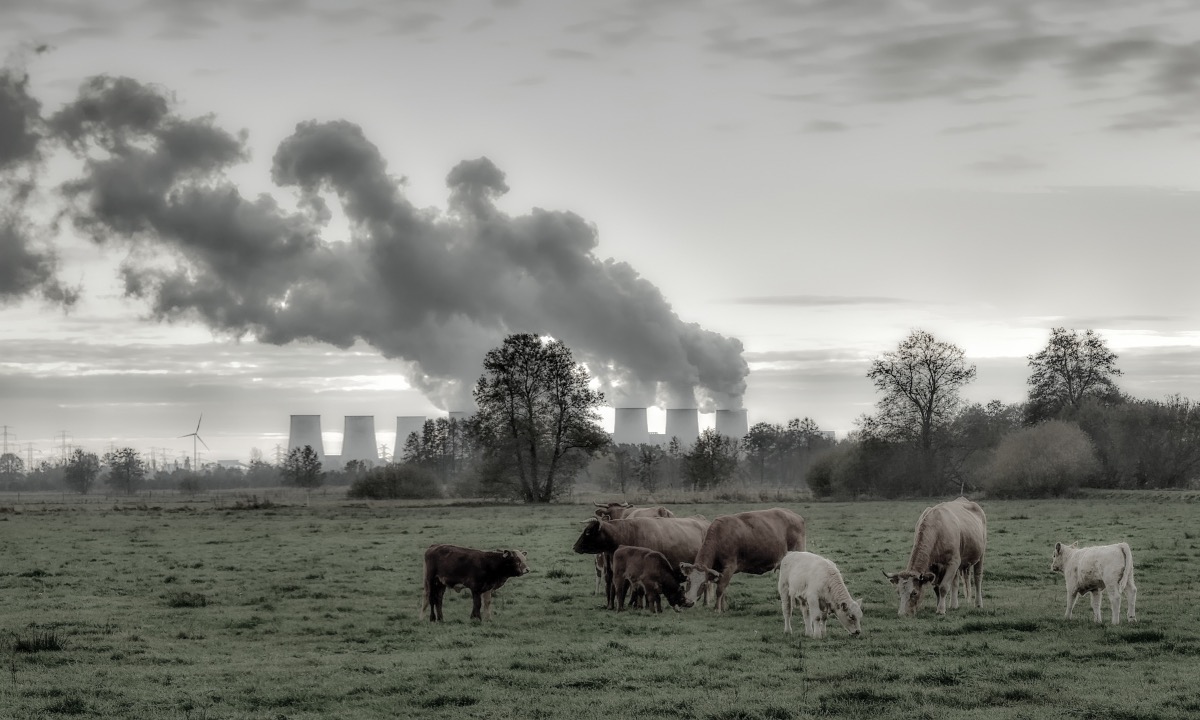Future food finance key to hitting net zero
By Bruce Davis on Wednesday 13 April 2022

By Bruce Davis on Wednesday 13 April 2022

Food technologies and new modes of food production are increasingly high on the list of priorities for green investors.
The food industry accounts for over a quarter of global greenhouse gas emissions.
In addition, half of the world’s habitable land and 70 per cent of global freshwater withdrawals are used for agriculture. 78 per cent of global ocean and freshwater eutrophication (the pollution of waterways with nutrient-rich pollutants) is caused by agriculture.
Changing the way that food is produced and transported is key to tackling climate change, food security, reducing water use and pollution, restoring lands back to forests or grasslands, and protecting the world’s wildlife.
While the idea of “green investment” may be more strongly associated with issues such as renewable energy or electric vehicles, food technologies and new modes of food production are increasingly high on the list of priorities for green investors.
In particular, the UK government’s net zero target by 2050, enshrined in legislation since July 2019, has galvanised action from businesses to come up with innovative new technologies and business models that can reduce the carbon emissions producing the food we need.
And there is a growing field of UK-based investors who see not only the necessity for change, but also the opportunity for value creation and returns.
We have already seen a strong appetite for food investments focused on consumer brands or services, with many following the footsteps of Innocent to provide exits for equity investors as brands like Graze (bought by Unilever), Oatly (successful IPO) and Mindful Chef (bought by Nestlé).
Investors such as JamJar, who recently received £48m of UK taxpayer funding, are gearing up to fund the next wave of consumer brands in this area.
On the debt side, projects fall broadly into two camps, businesses that are seeking to transition to low or zero-carbon models of production and those that offer genuinely disruptive new foods which can compete on taste and nutrition but come at a significantly reduced cost in terms of carbon.
Controlled Environment Agriculture is an investment sector that provides both these types of investments and it has been a significant theme for investors on my own Abundance Investment platform since 2020.
Worldwide, most crops are produced in open fields or in basic polytunnels. The growing season for these crops is limited, dependent on the local weather conditions and climate.
By using technologies that control light, humidity, temperature and crop growth in an enclosed controlled environment – such as advanced polytunnels, large lit glasshouses or multi-layered indoor vertical farms – the growing season can be extended and optimised. The different technologies have different environmental footprints depending on their approaches to the key areas impacting the sustainability of the produce.
The benefits, and hence the value to investors, of these approaches are common to most types of Controlled Environment Agriculture:
There are a number of risks, however, so it is sensible that investors ask some deeper questions about the promise of these innovations in the market:
The most recent offer raising finance through my own platform is ‘OneFarm’. This business combines the benefits of Controlled Environment Agriculture with the fast-growing technology of vertical farming. OneFarm is raising more than £14m to build one of the largest and most technologically advanced vertical farms in the UK.
The money is being raised jointly, through an investment from New Anglia Local Enterprise Partnership working with Suffolk County Council, alongside a crowdfunding offer via the Abundance Investment platform. The investment bond offers a nine per cent IRR for seven years to deliver a range of leafy greens, herbs and microgreens to local supermarkets, catering companies and innovative recipe delivery firms.
Other new food technology projects that have raised money from the public recently include two raises via the Seedrs equity crowdfunding platform. ‘Square Mile Farms’ raised over £660,000 earlier this year and ‘THIS’ (a plant-based food products business) raised £3m in 2020.
2 August 2021
Paul Cuatrecasas
13 September 2021
Paul Cuatrecasas
30 June 2021
Paul Cuatrecasas
9 September 2021
David Stevenson